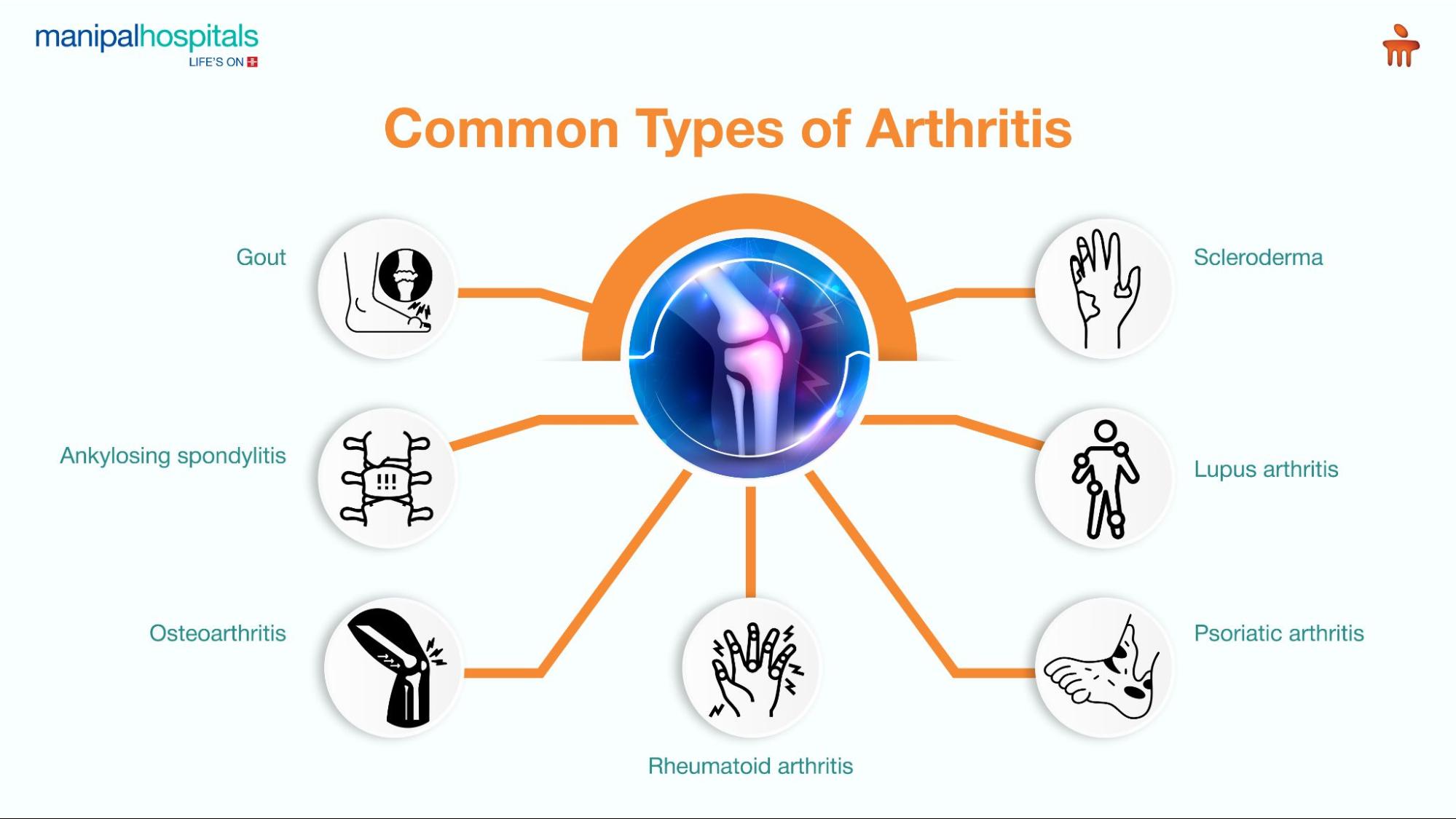Haematologists are vital in assessing clinical and laboratory aspects of blood conditions, guiding applicable diagnosis and treatment opinions. They help in the early diagnosis and treatment of various blood disorders, including anaemia, the most prevalent condition in India. According to the National Family Health Survey conducted between 2019 and 2021, there was a 25% anaemia prevalence in Indian men aged 15–49 years and a much higher prevalence of 57% in women of the same age range. Alarmingly, among children aged 6–59 months, the anaemia frequency reached 67.1%.
This article sheds light on the role of haematologists in diagnosing and treating blood disorders and their crucial role in patient care.
Synopsis
Understanding Blood Disorders
As we all know, blood consists of various components, including red blood cells (RBC), white blood cells (WBC), platelets, and plasma. A wide range of blood conditions can affect the structure, composition, and function of these blood components. Haematologists have an in-depth knowledge of blood disorders and conditions affecting the bone marrow and lymphatic system, their causes, symptoms, and diagnostic techniques.
Common Types of Blood Disorders
There are two broad categories: benign blood diseases and malignant blood diseases.
Benign blood diseases/disorders
-
Anaemia: The condition develops when insufficient red blood cells carry enough oxygen throughout the body. Iron deficiency anaemia is one of the most common types.
-
Thalassaemia: An inherited condition that affects the body’s capability to produce haemoglobin (a blood protein) and healthy blood cells.
-
Von Willebrand disease: It is a type of bleeding disorder.
-
Haemophilia: An inherited blood clotting disorder that prevents your blood from clotting.
-
Sickle cell anaemia: An inherited blood disorder that affects the shape of red cells. The condition prevents your red blood cells from flowing freely through the circulatory system.
-
Deep vein thrombosis: A condition where blood clots within a vein.
-
Sepsis: A dangerous outcome of infection.
Malignant blood diseases
The most common blood cancers are:
-
Leukaemia: It is the most frequent blood illness among children and adolescents. The cancer affects your blood cells.
-
Lymphoma: Cancer that affects the lymph system, which includes lymph nodes and blood vessels.
-
Myeloma: The cancer starts in the bone marrow and affects the plasma cells.

What Are the Diagnostic Tests Ordered by a Haematologist?
Haematologists work closely with patients, take detailed medical histories, perform physical examinations, and evaluate diagnostic tests for an accurate diagnosis. Some of the common diagnostic tests a haematologist may order to diagnose a blood condition are:
-
Complete blood count: It helps in the diagnosis and monitoring of the disease by evaluating your RBCs, WBCs, haemoglobin, platelets, and haematocrit (ratio of blood cells to liquid plasma). The blood is drawn from your vein or finger.
-
Prothrombin time test (PTT): Measures how quickly blood forms a clot. It helps to determine how well your treatment or medications are working.
-
Partial thromboplastin time: The test helps diagnose bleeding and clotting disorders.
-
Differential test: The test determines the number of each type of white blood cell for diagnosing white blood cell disorders like leukaemia.
-
Reticulocyte count: This counts the quantity of immature red blood cells in the bloodstream.
-
Peripheral smear test: Examines RBC, WBC, and platelets under a microscope.
They are skilled in interpreting laboratory tests, diagnosing abnormalities, determining the type and severity of blood disorders, and guiding appropriate treatment.
Treatment Offered by Haematologists
Once a diagnosis is established, haematologists design a personalised treatment plan based on the type of blood disorder and its severity. Some of the treatment options they provide are:
-
Blood Transfusion: Blood lost after surgery, injury, or sickness is restored. In haemophilia or bleeding disorders, haematologists work with other specialists to control the bleeding episodes and prevent complications. They also guide the administration of clotting factor concentrates or other therapies to control bleeding effectively.
-
Chemotherapy: They also play a vital role in treating blood cancers such as leukaemia and lymphoma. Chemicals are infused into the body to kill fast-growing cancer cells. Haematologists also oversee chemotherapy protocols, monitor treatment responses, and adjust therapy requirements.
-
Bone marrow transplants: The diseased stem cells from the spongy portion of the bone are replaced with healthy cells from other body parts or a donor. These specialists coordinate transplantation procedures, potentially offering certain curative options for blood cancers.
-
Ablation therapy: Heat, cold, chemicals, or lasers are used to treat damaged tissue.
They also collaborate with other specialists to provide comprehensive care, ensuring optimal outcomes.
Research and Advances
Haematologists frequently participate in current research and clinical trials to increase understanding and treatment of blood diseases. Through this involvement, they also advocate for new and innovative therapies, targeted treatments, and improved patient care.
Currently, research is focused on new drug discoveries, molecular diagnostics, genetic predisposition, and treatment modalities. Being at the forefront of medical innovations, haematologists deliver cutting-edge therapy and improved patient outcomes.
Conclusion
Haematologists have an indispensable role in identifying and treating blood disorders. Their expertise in managing various blood diseases leads to early treatment and better patient outcomes. Consult Manipal Hospitals, Broadway, for comprehensive guidance and education on managing common blood conditions effectively.
FAQ's
A haematologist is a professional doctor who treats diseases affecting your blood or the organs that produce it.
You might need a haematologist if you suffer from bleeding disorders, red blood cell disorders, blood cancer, obstructive disorders, genetic blood disorders, autoimmune disorders, or systemic blood infections.
Common symptoms include:
-
Abnormal bleeding
-
Weakness
-
Recurrent fever
-
Fatigue
-
Abnormal bruising
-
Recurrent infections
Diet can support thyroid health but cannot replace medical treatment. However, avoiding iodine-rich foods and incorporating nutrient-dense options can help in managing symptoms effectively.
Some of the most common types of anaemia are:
-
Iron deficiency anaemia
-
Vitamin B12 deficiency anaemia
-
Sickle cell anaemia
Haemato-oncologists are specialists who focus on diagnosing, treating, and researching blood cancers.






















 6 Min Read
6 Min Read













